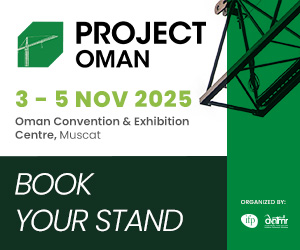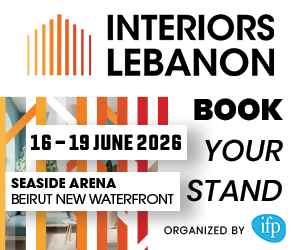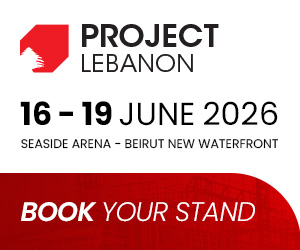Over 1,200 years ago, Baghdad stood as a vibrant hub of trade, culture, and learning along the Silk Road, linking Asia to Europe. Today, Iraq seeks to reclaim that strategic significance with the ambitious Development Road project—an initiative that could transform the country’s future and reshape global trade dynamics.
Launched in 2023, the $20 billion initiative aims to connect the Arabian Gulf to Europe through a 1,200 km corridor of highways, railways, and energy infrastructure stretching from Iraq’s Grand Faw Port to the Turkish border. The project is being developed in collaboration with Turkey and supported by Qatar and the UAE.
At its core lies the Grand Faw Port, currently under construction on Iraq’s southern coastline. When completed, it is expected to feature 100 berths—potentially making it the region’s largest container port, surpassing Dubai’s Jebel Ali. From there, a web of transport infrastructure will extend through major cities like Basra, Karbala, Baghdad, and Mosul, reaching Faysh Khabur on the Turkish border. The corridor will also carry oil and gas pipelines linking southern Iraq to Turkey’s Ceyhan terminal.
The plan, to be executed in three stages by 2050, includes building industrial zones along the route and promises to diversify Iraq’s economy, reduce dependency on oil, and generate significant revenue—potentially up to $4 billion annually in customs income, according to economist Mohammed Hussein.
Iraq’s reliance on oil, which accounts for 99% of exports over the past decade, has long hindered economic diversification. The Development Road is seen as a chance to change that. “This is one of the most important infrastructure projects in Iraq since the 1920s,” Hussein noted.
Strategically, the corridor positions Iraq as a bridge between Asia and Europe—similar in intent to Egypt’s Suez Canal. With regional buy-in, including a 2024 cooperation agreement signed by Iraq, Turkey, the UAE, and Qatar, the initiative is gaining momentum. Iraqi Prime Minister Mohammed Shia Al-Sudani’s upcoming visit to Turkey on May 8 is expected to further strengthen bilateral coordination.
The project also offers benefits to Turkey, which views the initiative as an opportunity to deepen economic ties and shift its relationship with Iraq from a security-driven one to an economically integrated partnership. Turkish analyst Sinem Cengiz remarked that the project creates “a framework for long-term mutual dependency.”
However, the path ahead is not without obstacles. The planned route traverses areas with complex ethnic and political dynamics, where government control is limited and non-state actors hold sway. Security risks and local interests could pose serious challenges.
Moreover, Iraq’s Grand Faw Port lies close to Kuwait’s Mubarak Al-Kabeer Port, prompting tensions over competition and unresolved maritime border disputes. Integrating Kuwait into the project’s framework could mitigate these risks and broaden regional cooperation.
Iran, a dominant player in Iraqi politics, is also watching closely. While the corridor could benefit Iran, it might also threaten its influence and compete with its trade routes. Egypt, too, may view the project as a challenge to the Suez Canal, especially as Red Sea shipping disruptions have slowed Suez traffic, raising transport costs.
Global dynamics add further complexity. The U.S.-backed India-Middle East-Europe Economic Corridor (IMEC) competes in scope and intention, while China has signaled interest in aligning Iraq’s project with its Belt and Road Initiative—potentially raising geopolitical tensions.
Despite these hurdles, domestic support for the Development Road remains strong. Chatham House fellow Renad Mansour sees it as a clear statement of Iraq’s intention to emerge from decades of turmoil and reclaim a central role in the region. “This project offers Iraq a chance to become a regional hub, leveraging its geography for influence and growth,” he said.
If realized, the Development Road could restore Iraq’s historical role as a connector of continents—and signal a new era of economic opportunity for a nation long defined by conflict.
Sources: Arab News, World Bank



















































































